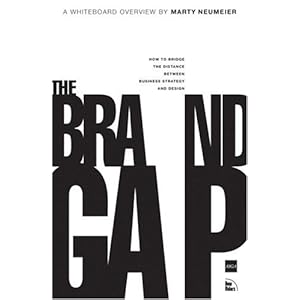

‘They’re missing the actual point and we have to stop lying to ourselves. They’re optimising the wrong things by making them perfectly wrong.’ He shakes his head. ‘They don’t realise this leaves intact the status quo. They just want to boost the numbers,’ Braungart argues. They don’t want to fundamentally change things. ‘These managers want to build a fleet of electric company cars, install insect hotels in the employees’ rest area, reduce the number of plastic bottles used or to boost the company recycling rate by another 5%. ‘My biggest enemies are people running sustainability departments,’ he laughs. Just make sure it serves a purpose in a way that makes sense.’ The approach is suggested in his book’s subtitle: ‘Remaking the way we make things’. It’s part of the circle of life and there will always be waste. The cornerstone of cradle-to-cradle thinking is in celebrating the value of nutrients, as Braungart calls them.

This is one of the main ingredients for leaders in a circular economy.’ ‘Perfectly wrong‘ They see the bigger picture and want to be proud of what they’re doing. He goes on to state: ‘Youngsters writing to me seem to care a lot more about their reputation and taking responsibility than money, especially when compared to their parents and grandparents. ‘I would say about 80% of circular economy legislation is based on her passion and public appeal.’ And let’s not forget the hard work Ellen McArthur has done with her foundation – it has helped inspire people around the world.’īraungart recalls how McArthur raised funds and used her popularity as a prominent sportswoman to promote his ideology.

I have a great team, including my business partner William McDonough. Yet Braungart insists: ‘Please don’t think it was all my doing. Many new frontrunners are filing patents for innovative products every year.’ There are some 200 companies officially listed by our Cradle-to-Cradle Centre representing almost 16 000 certified products. ‘I’m both humbled and proud at the rate of our success.


 0 kommentar(er)
0 kommentar(er)
